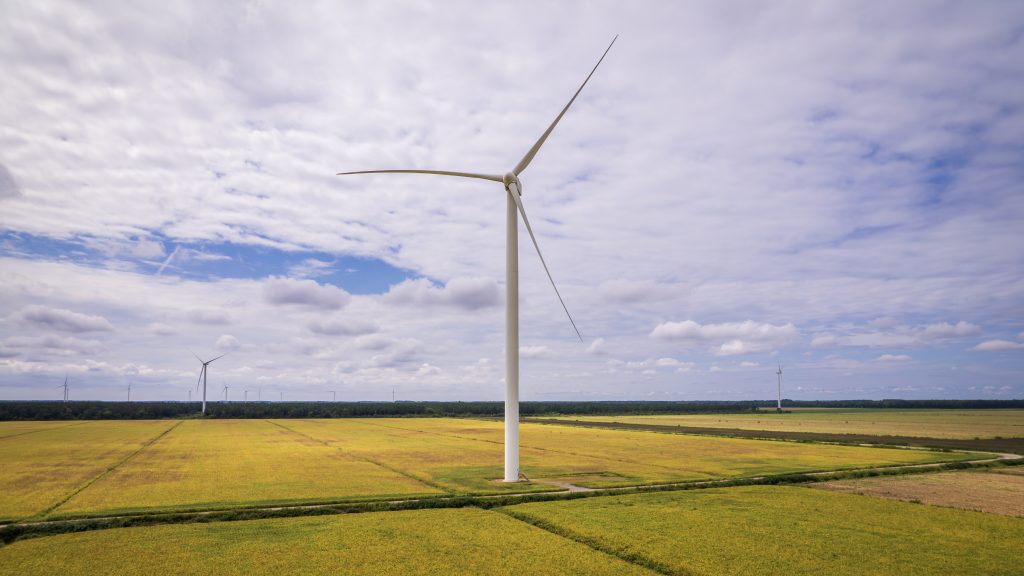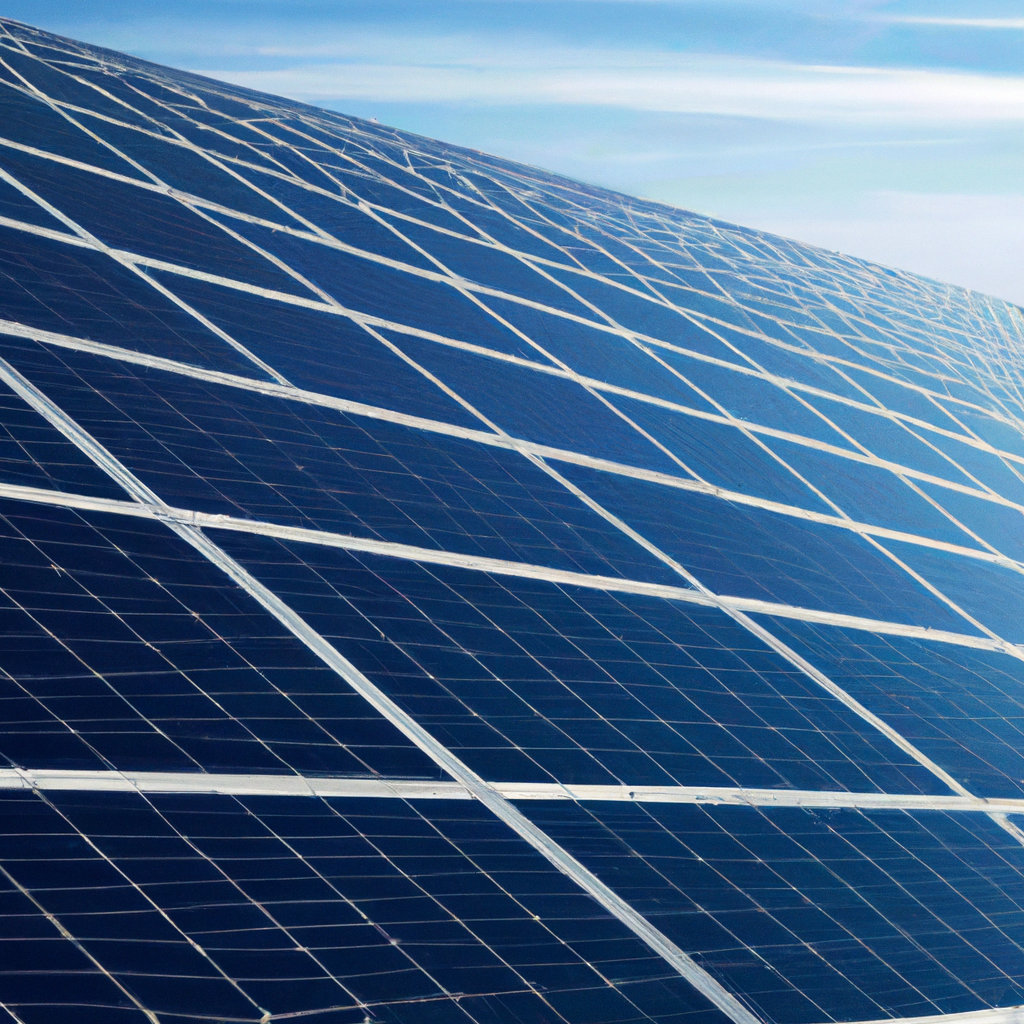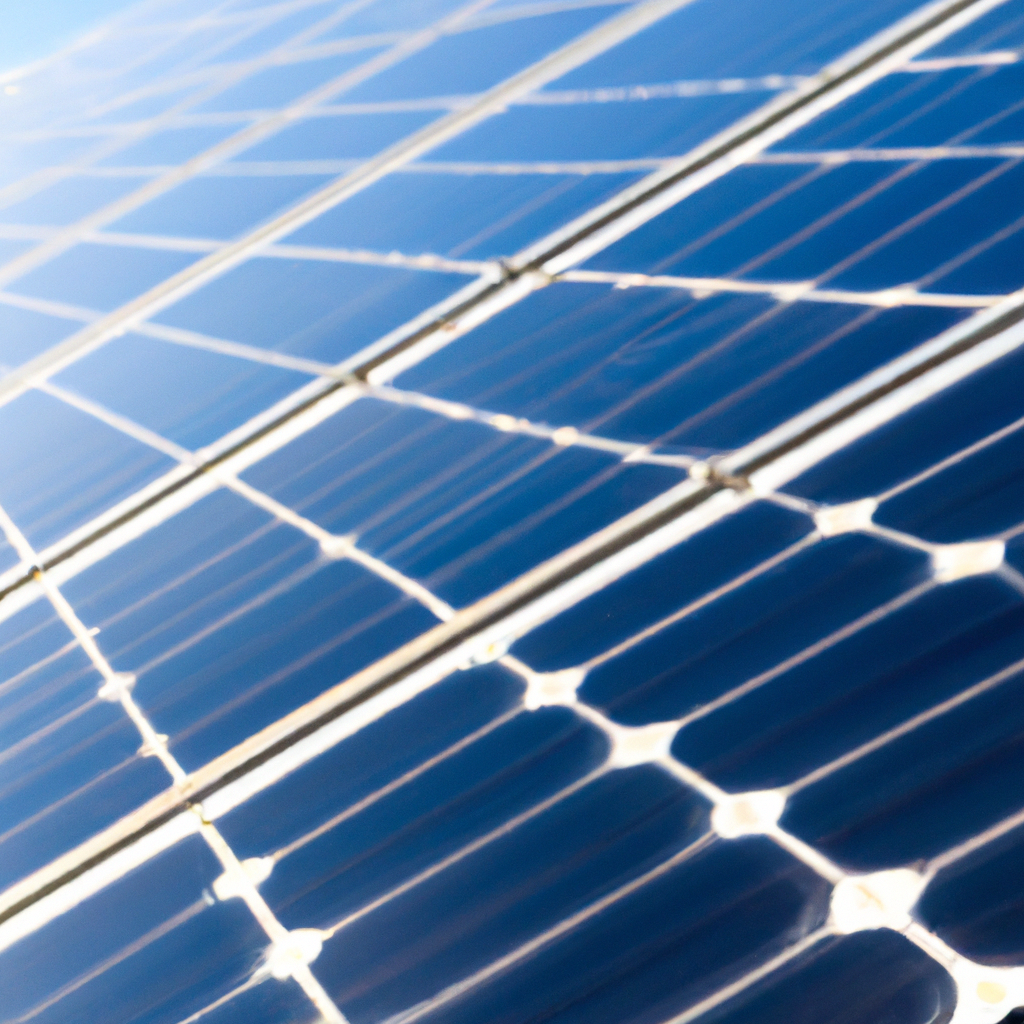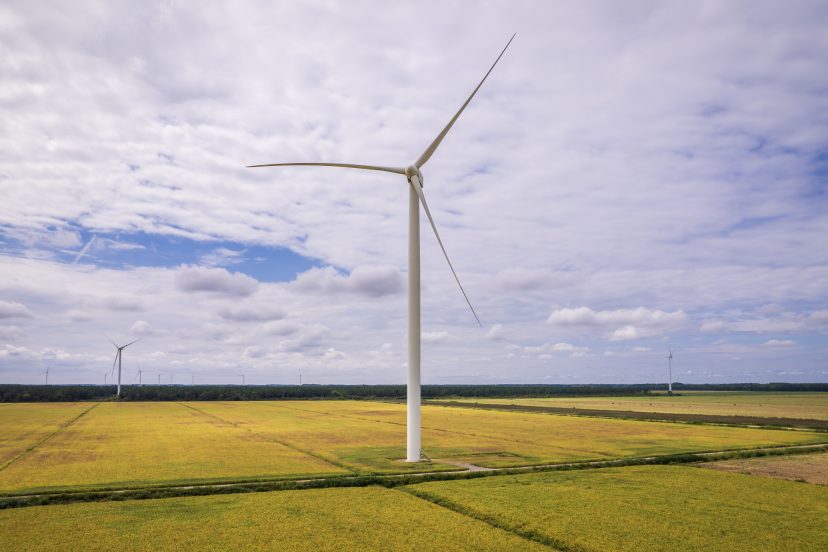How Efficient Are Solar Panels
As an Amazon Associate, I earn from qualifying purchases, at no additional cost to you. Disclaimer
As an energy enthusiast, I’ve always been intrigued by the power of the sun and the technology that harnesses its energy to power our lives. In this article, I’m thrilled to share with you my insights and observations about the efficiency of solar panels. From the basic principles of solar energy conversion to the factors affecting their efficiency, we’ll journey together through the fascinating world of solar technology. We’ll also explore how these small but mighty devices help in curbing our carbon footprint and contribute to building a sustainable future. So, fasten your seatbelts as we embark on a luminous journey into the heart of solar power.

Understanding Solar Efficiency
Understanding solar efficiency goes beyond merely accepting that solar panels convert sunlight into usable electricity. It involves delving deep into what determines how well a solar panel performs that conversion process.
Definition of solar efficiency
At its core, solar efficiency is the measurement of how much sunlight a solar panel can convert into usable electricity. To put it in simpler terms, if a solar panel has an efficiency of 20%, it means that out of 100% of the sunlight hitting the solar panel, 20% is being converted into electricity.
Basis for determining solar efficiency
Multiple factors determine the solar efficiency of a panel. These include the type of material used to manufacture the solar cells, the angle, and position of the installed panel, and even local climate and weather conditions. Additionally, the age of the panel and how well it has been maintained can also affect its efficiency.
Significance of solar efficiency
Solar efficiency is an essential factor to consider when investing in solar panels. Higher solar efficiency means that fewer panels are needed to generate the same amount of electricity, leading to cost savings, particularly in installations where space is at a premium. Furthermore, higher efficiency contributes to the overall sustainability of the solar power industry.
Factors Affecting Solar Panel Efficiency
Various factors come into play when evaluating the efficiency of solar panels.
Material of Solar Cells
The primary material of solar cells has a significant impact on their ability to convert sunlight into electricity. Monocrystalline cells, for example, are more efficient than their polycrystalline counterparts, but they are also more costly to produce.
Installation Angle and Position
The angle and position of solar panels are essential for maximizing sunlight exposure. Panels should ideally be installed facing the equator at a tilt equivalent to the location’s latitude.
Climate and Weather Conditions
Solar panels rely on sunlight, so naturally, weather conditions play a critical role in their efficiency. While they can generate electricity even on cloudy days, their performance falls in comparison to sunny conditions.
Maintenance and Cleaning
Like any technology, solar panels need regular maintenance and cleaning to ensure they operate with optimal efficiency. Dust, dirt, and bird droppings can block sunlight and reduce efficiency.
Age and Degradation of Solar Panels
Solar panels’ efficiency decreases slightly with age due to degradation, a natural process that occurs over time. Most solar panels come with a guarantee of at least 80% efficiency after 25 years.

Types of Solar Panels and Their Efficiency
Solar panels come in different types, each offering varying levels of efficiency.
Monocrystalline Solar Panels
These panels, made of a single crystal structure, offer the highest efficiency level of around 20%, but are also the most expensive.
Polycrystalline Solar Panels
With multiple crystal structures, these panels are less efficient with a range of 15-17%. They are, however, more affordable than monocrystalline panels.
Thin-Film Solar Panels
These are the most cost-effective but least efficient with an efficiency level of around 10-12%. They’re an excellent choice for applications where space is not a limiting factor.
Comparison of their efficiency
While monocrystalline cells provide the highest efficiency, it’s crucial to factor in cost and space constraints when choosing which panels to install.
Technology and Solar Panel Efficiency
Technology plays a crucial role in improving solar panel efficiency.
Latest advancements in technology
Innovations like thin-film technology and bifacial panels which absorb light from both sides, are pushing the boundaries of solar efficiency.
How technology increases solar panel efficiency
Through improvements in design, materials, and manufacturing processes, technology dramatically enhances solar panel performance. For example, anti-reflective coatings and advanced cell designs can improve light absorption and reduce energy loss.
Limitations in technological advancement
Despite ongoing advancements, there are still limitations. Solar panels will never reach 100% efficiency due to the laws of physics, which means there will always be room for improvement.

Measuring Solar Panel Efficiency
Evaluating solar panel efficiency involves specific measures and variables.
Common methods used
The primary method used to measure solar efficiency is the performance ratio. This ratio compares the actual energy produced to the theoretical maximum energy that could be produced under perfect conditions.
Variables in measurements
There are many variables in these measurements, including the amount of sunlight, panel temperature, and environmental conditions.
Interpretation of measurements
Interpreting these measurements can be complicated due to the various factors involved, but generally, a higher performance ratio indicates a more efficient panel.
Improving Solar Panel Efficiency
There are several ways to improve solar panel efficiency.
Use of tracking mounts
Solar tracking mounts, which adjust the panel’s angle throughout the day, ensure the panel is always at the ideal angle to the sun, improving efficiency.
Regular maintenance and cleaning
Routine cleaning and maintenance can prevent debris and dirt from blocking sunlight and reducing the panel’s efficiency.
Improvements in installation
Installing panels in an optimal location and angle can dramatically increase their efficiency.

Efficiency vs. Cost Effectiveness
Efficiency doesn’t always align with cost-effectiveness.
Higher efficiency and cost
Typically, higher efficiency panels are more costly, but they can often generate more energy in a smaller space.
Lower efficiency and cost
Lower efficiency panels may be more cost-effective in areas with plenty of space for installation, even though they require more panels to produce the same amount of energy.
Cost-effectiveness of different types of panels
When balancing efficiency against cost, it’s vital to consider the varying efficiency rates and costs among different types of panels, from monocrystalline to thin-film.
Challenges in Solar Panel Efficiency
There are several obstacles to achieving optimal solar panel efficiency.
Limitations of photovoltaic technology
Despite significant progress, limitations in photovoltaic technology restrict solar panels’ efficiency. These limitations include energy loss during conversion and the inability to use all wavelengths of light effectively.
Material constraints
The materials presently used in photovoltaic cells limit the efficiency that can be achieved. And while alternative materials exist, they are often prohibitively expensive or unsuitable for large-scale use.
Environmental factors
Factors beyond human control, like weather and climate, also pose challenges to solar panel efficiency.

Future of Solar Panel Efficiency
Scientists and researchers are continually working to enhance solar efficiency.
Predicted improvements in efficiency
As technology advances, it’s reasonable to anticipate increased solar panel efficiency in the future.
Role of research and development
Ongoing research and development play a crucial role in improving solar panel efficiency. Scientists are exploring different materials and manufacturing processes to push the boundaries of efficiency.
Emerging solar technologies
Several emerging solar technologies could bring unprecedented levels of efficiency. These include organic solar cells, perovskite cells, and quantum dot solar cells.
Solar Panel Efficiency vs. Other Energy Sources
Solar panels must contend with other sources of energy regarding efficiency.
Comparison with fossil fuels
While fossil fuels can be more efficient at converting energy into electricity, they come with significant environmental costs, unlike solar energy.
Comparison with wind energy
Solar and wind energy are both renewable, but their efficiency can vary depending on location and weather conditions, making it challenging to declare a clear winner.
Comparison with nuclear energy
Nuclear power can generate electricity more efficiently than solar power, but it comes with potential hazards and waste disposal issues. Despite these challenges, the drive towards cleaner and more sustainable energy sources will cement the importance of solar panels going into the future.

